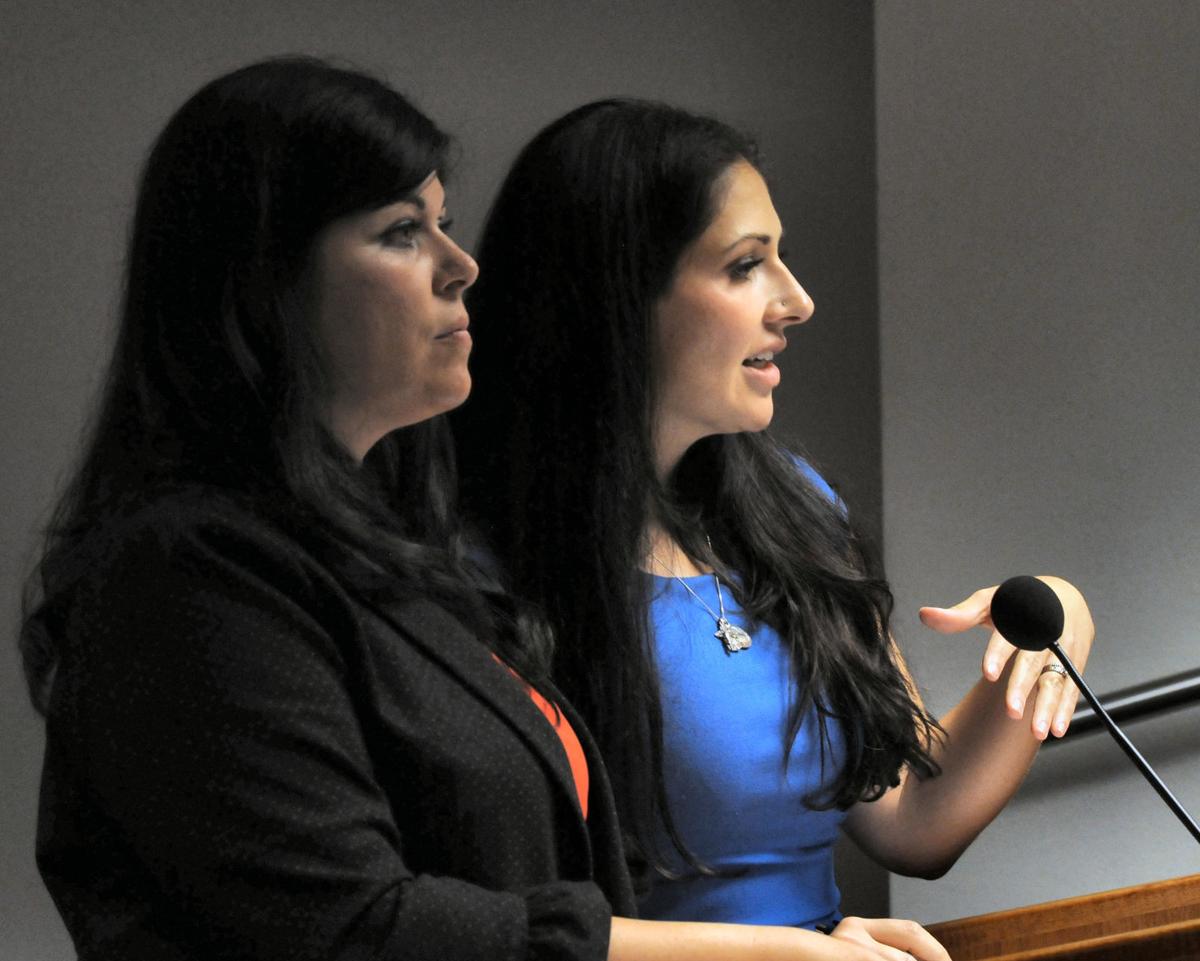PHOENIX — Democratic lawmakers accused their Republican colleagues Thursday of hiding relevant information from voters about upcoming ballot measures.
The Democrats complained there are key provisions in two measures slated for the November ballot that are not included in the explanations to be provided to voters in official ballot pamphlets.
One such provision would expand the current school voucher program, making virtually all 1.1 million students in Arizona public schools eligible to use public funds to attend private or parochial schools. The number of vouchers granted would be capped at about 30,000 by 2021, however. About 3,500 children now get the aid, which for most is about $5,000 a year.
The other provision seeks to put new restrictions on the Citizens Clean Elections Commission’s ability to enact campaign finance rules.
But the Republican-controlled Legislative Council, tasked with coming up with the explanations, rejected most changes suggested by the Democrats.
Rep. Vince Leach, R-Tucson, said if voters want to know more about either measure they should review the history of how each of the GOP-backed proposals were approved, including reviewing versions of the bills as they went through the legislative process.
That suggestion to put the research burden on voters did not sit well with Sen. Martin Quezada, D-Glendale, who said Republicans are not complying with the law. He said the Legislative Council is mandated to provide voters a clear and impartial explanation and to avoid overly technical terms, and to include background information that would be relevant to voters.
“Our goal here should be to provide the most clear and fair explanation to the people of Arizona without any political or partisan spin, one way or the other,” he said.
One element of the voucher measure would provide additional voucher dollars for students from “low-income” families. But the explanation voters will see does not explain that lawmakers defined that to include everyone up to 250 percent of the federal poverty level, a figure that is $62,750 for a family of four, $84,350 for a family of six and nearly $106,000 for a family of eight.
There’s also no mention that the law Republicans want voters to approve allows for voucher “brokers,” third parties who could help families find money in exchange for keeping a percentage of whatever state dollars they get.
Quezada also lamented that the explanation voters will see speaks not of “vouchers” but instead of “Empowerment Scholarship Accounts,” the legal term for the system that provides money to parents to use for private and parochial schools.
Leach said that’s because pure vouchers, which would give state dollars directly to private and parochial schools, were declared unconstitutional in Arizona. GOP lawmakers responded by approving what they dubbed the ESAs. The Arizona Supreme Court concluded that is legal.
Quezada conceded the legal point. But he said most voters have no idea what an “empowerment scholarship” is.
His proposal would have kept all references to ESAs in the explanation, but with a sentence saying these are “commonly referred to as school vouchers.”
“If you talk to anybody out in the general public, this is what they actually refer to these as,” Quezada said.
Senate President Steve Yarbrough, R-Chandler, used the “vouchers” word himself during Thursday’s discussion.
The Republican-controlled Legislature approved the expansion last year. But a group called Save Our Schools Arizona got enough signatures to block enactment until voters get a chance to ratify or reject the plan in November. It is on the ballot as Proposition 305.
Beth Lewis, who chairs SOS Arizona, had her own complaints about the ballot explanation. She said it fails to clearly explain to voters that the money for vouchers is diverted from state aid to public schools.
House Speaker J.D. Mesnard, R-Chander, pointed out that the explanation does say the vouchers “are funded by state tax dollars.”
The other dispute is over asking voters to put some curbs on the Citizens Clean Elections Commission. Most notably, it would require that for new rules, the commission get approval of the Governor’s Regulatory Review Council.
Rep. Ken Clark, D-Phoenix, complained that lawmakers skimped on details of the commission’s role, such as its enforcement of campaign finance laws. Mesnard, however, called those details unnecessary.





